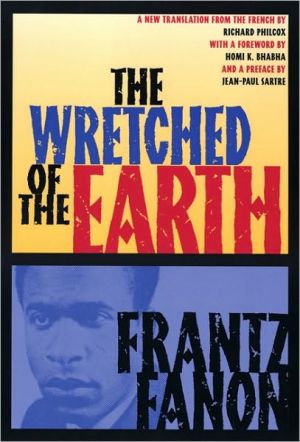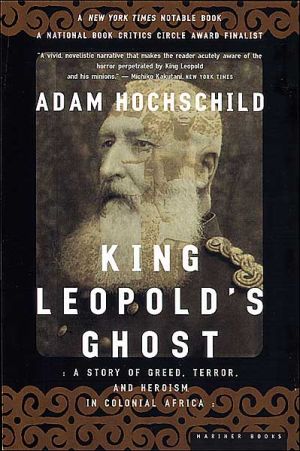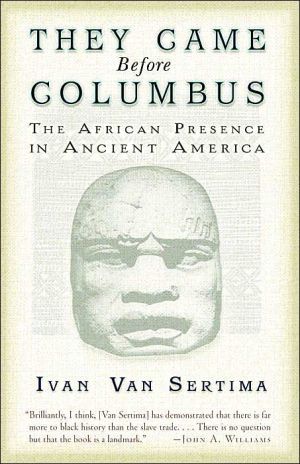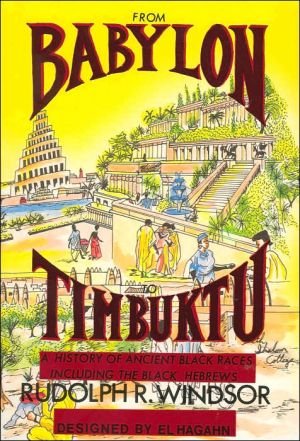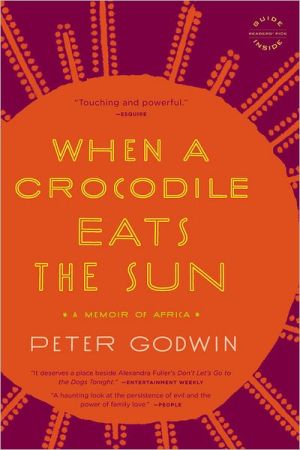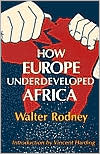The Wretched of the Earth
Frantz Fanon was one of the twentieth century’s most important theorists of revolution, colonialism, and racial difference, and this, his masterwork, is a classic alongside Orientalism and The Autobiography of Malcolm X.\ The Wretched of the Earth is a brilliant analysis of the psychology of the colonized and their path to liberation. Bearing singular insight into the rage of colonized peoples and the role of violence in historical change, the book also incisively attacks postindependence...
Search in google:
Frantz Fanon was one of the twentieth century’s most important theorists of revolution, colonialism, and racial difference, and this, his masterwork, is a classic alongside Orientalism and The Autobiography of Malcolm X. The Wretched of the Earth is a brilliant analysis of the psychology of the colonized and their path to liberation. Bearing singular insight into the rage of colonized peoples and the role of violence in historical change, the book also incisively attacks postindependence disenfranchisement of the masses by the elite on one hand, and intertribal and interfaith animosities on the other. A veritable handbook of social reorganization for leaders of emerging nations, The Wretched of the Earth has had a major impact on civil rights, anticolonialism, and black-consciousness movements around the world. This new translation updates its language for a new generation of readers and its lessons are more vital now than ever. Sacred Fire Frantz Fanon's influence on the thinking of the proponents of black power has been enormous. One finds references to his ideas in the works of authors such as Maulana Karenga, James H. Cone, and James Forman. An explanation for this can be found in the timeliness of his seminal work, The Wretched of the Earth. According to William L. Van Deburg, ... the ideological underpinnings of the Black Power movement owed a great deal to the conceptualizations of Frantz Fanon, a black psychiatrist from Martinique who had joined a career as physician/scholar with that of a political militant in service of the Algerian revolution. Fanon, whose work, The Wretched of the Earth was published (just before his death) provided black American activists with a compelling analysis of the consciousness and situation of "colonized" peoples everywhere. Chief among his teachings was that violence in support of political and cultural liberation was a positive force, one that was both psychologically empowering and tactically sound. Forceful opposition to an oppressive regime was said to reaffirm the humanity of the oppressed, allowing them to "experience themselves as men." Armed with this wisdom, mid-sixties activist intellectuals began to speak of African America as an internal colony at war with the forces of cultural degradation and assimilation. By adopting variants of Fanon's concepts, rank-and-file Black Power militants were able to identify with the colonized of the Third World even as they affirmed the notion that violent acts could lead to both mental catharsis and meaningful political change.
Foreword : framing FanonPrefaceIOn violence1IIGrandeur and weakness of spontaneity63IIIThe trials and tribulations of national consciousness97IVOn national culture145VColonial war and mental disorders181On retranslating Fanon, retrieving a lost voice241
\ Sacred FireFrantz Fanon's influence on the thinking of the proponents of black power has been enormous. One finds references to his ideas in the works of authors such as Maulana Karenga, James H. Cone, and James Forman. An explanation for this can be found in the timeliness of his seminal work, The Wretched of the Earth.\ According to William L. Van Deburg,\ ... the ideological underpinnings of the Black Power movement owed a great deal to the conceptualizations of Frantz Fanon, a black psychiatrist from Martinique who had joined a career as physician/scholar with that of a political militant in service of the Algerian revolution. Fanon, whose work, The Wretched of the Earth was published (just before his death) provided black American activists with a compelling analysis of the consciousness and situation of "colonized" peoples everywhere. Chief among his teachings was that violence in support of political and cultural liberation was a positive force, one that was both psychologically empowering and tactically sound. Forceful opposition to an oppressive regime was said to reaffirm the humanity of the oppressed, allowing them to "experience themselves as men."\ Armed with this wisdom, mid-sixties activist intellectuals began to speak of African America as an internal colony at war with the forces of cultural degradation and assimilation. By adopting variants of Fanon's concepts, rank-and-file Black Power militants were able to identify with the colonized of the Third World even as they affirmed the notion that violent acts could lead to both mental catharsis and meaningful political change.\ \
